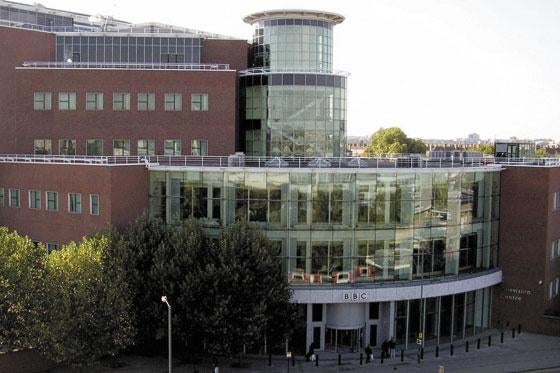
The BBC has again refused to rule out compulsory redundancies among journalists at the corporatism following a second walkout by members of the National Union of Journalists.
Picket lines were set up outside BBC offices across the UK yesterday, disrupting radio and TV programmes including Radio 4’s Today programme and Nicky Campbell’s 5Live Breakfast Show
Earlier this year the BBC announced that due to “significant” budget cuts following last October’s licence fee settlement, 387 jobs were being axed across BBC News, the majority of which will be in the World Service and BBC Monitoring.
Before the last strike on 15 July, the corporation said it expected only 66 per cent of World Service staff whose posts are under threat to take voluntary redundancy or be redeployed, and just 33 per cent per cent in BBC Monitoring
BBC director of business operations Lucy Adams told staff yesterday that work to redeploy staff was ongoing but that so far only 30 per cent of staff at risk of compulsory redundancy in BBC Monitoring had been redeployed and only 27 per cent in the World Service.
‘Nevertheless, we are clear we cannot create new jobs artificially nor can we give preferential treatment to NUJ members,’said Adams, who also claimed that six out of seven employees were working normally during yesterday’s strike and only “limited” changes to programmes had been made.
“We will continue to speak to the NUJ daily in an attempt to resolve the ongoing issues,’she added. ‘However it is simply not realistic for us to agree to a policy of no compulsory redundancies when we face such significant cuts to the central Government grants that fund BBC Monitoring and the World Service.
The union said yesterday that the strike had been “solidly supported” by the 3,000 NUJ members at the corporation. NUJ General Secretary Michelle Stanistreet said: ‘There has been a really solid turnout on picket lines across the BBC, with a particular impact on regional news programmes.’
‘The NUJ is proud that our members everywhere in the BBC have recognised this threat to their colleagues, and the danger it poses to the quality journalism for which the BBC is rightly respected.”
She accused management of living in a “fantasy world” where it can “ignore the rights of staff and pretend that a serious industrial dispute simply isn’t happening”. “The latest ludicrous management ploy is to claim that the strike today isn’t having any effect,” she said. “Clearly BBC management doesn’t watch the corporation’s output very much.”
NUJ members will start a work to rule from today, including a ban on overtime, which the union said would hit BBC programmes ahead of a meetingwith management on 11 August.
Email pged@pressgazette.co.uk to point out mistakes, provide story tips or send in a letter for publication on our "Letters Page" blog

